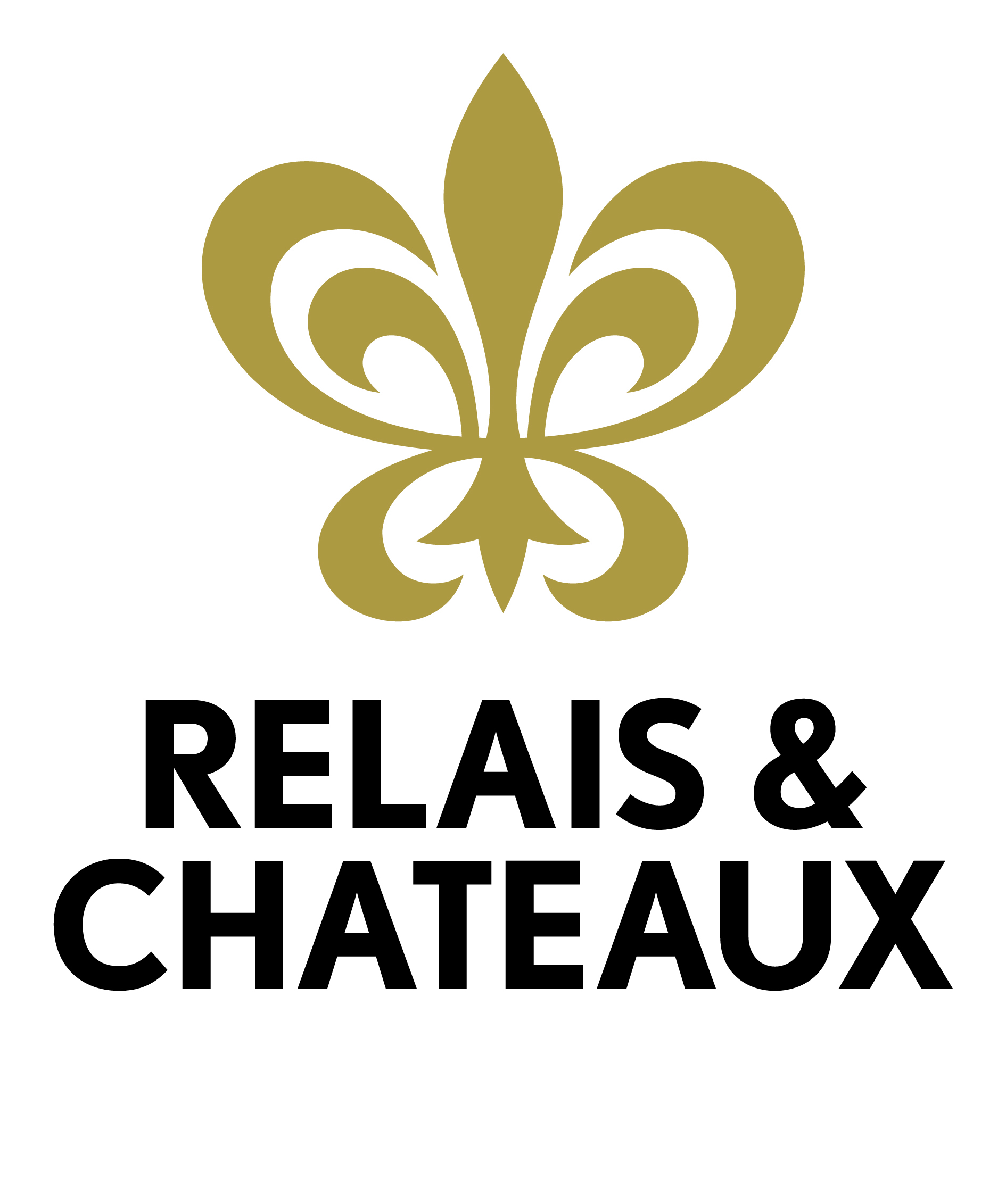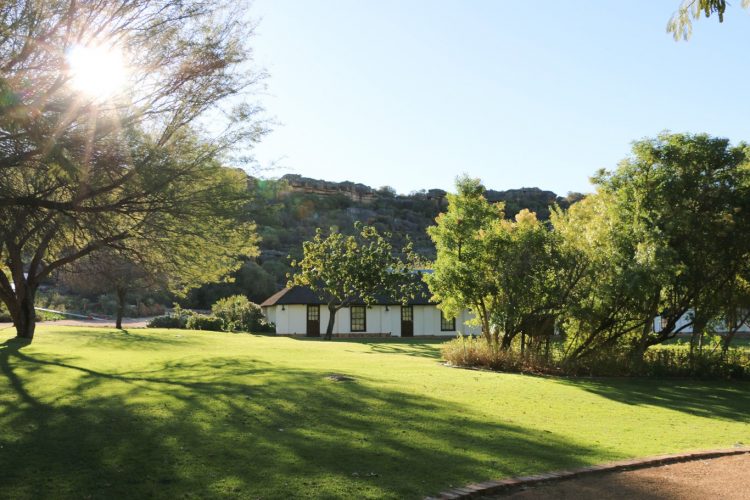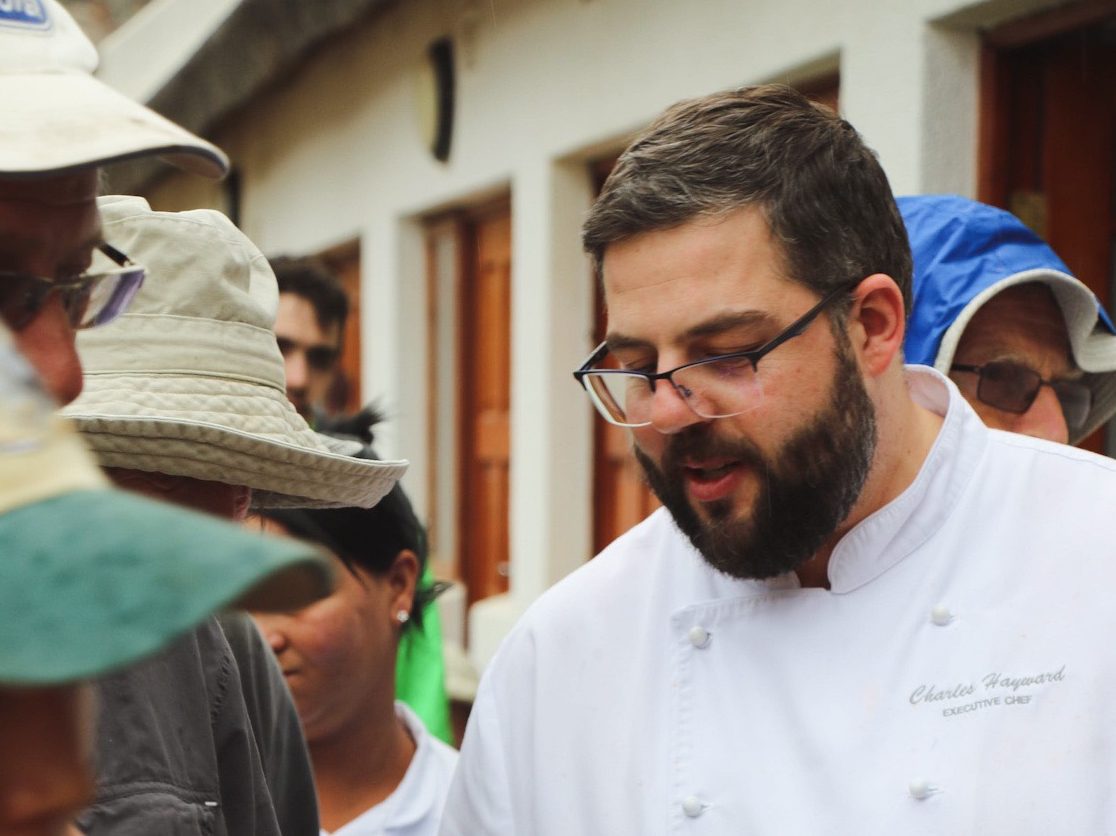
Food is in essence nature. Through the food we eat, we connect, inevitably, with the earth. There are, of course, many different processes, the twists and turns from farm to fork, effecting that connection. Effecting not only us, the consumers, but the earth. Looking at how we create and consume food, we are naturally brought face-to-face with the concerns of conservation, not merely the health of humanity, but of the planet too.
Chefs play a role in this. We’d call them: conservationists by day, chefs by night. Except that the two roles intertwine regardless of where the sun is in the sky.
In a variety of ways, the chefs of Relais & Chateaux Africa and Indian Ocean use food to create a better world. In this segment of Find the Others, Executive Chef of Bushmans Kloof’s Wilderness Reserve & Wellness Retreat in South Africa, Charles Hayward gives us insight into a few ways the lodge has embraced sustainability.
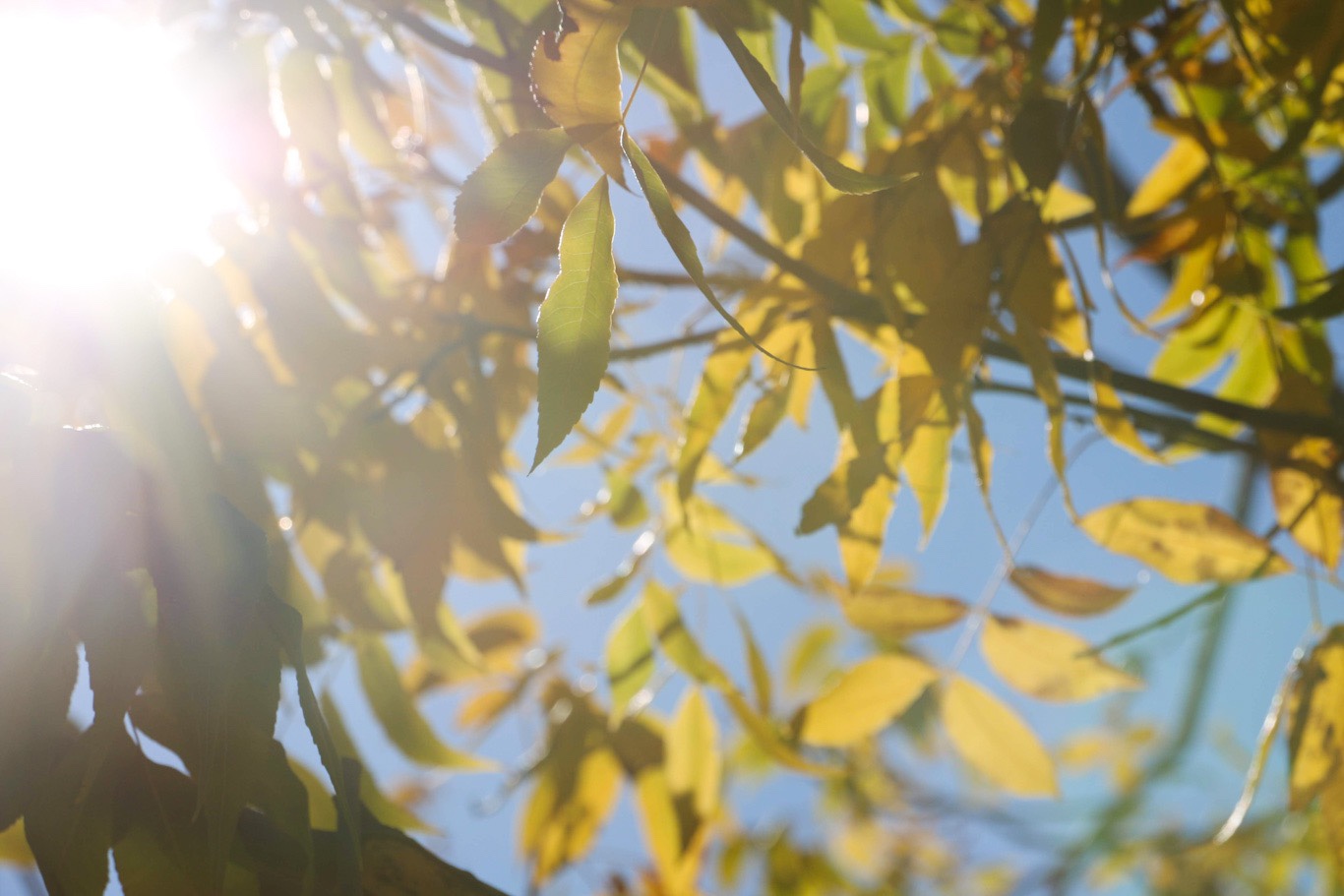
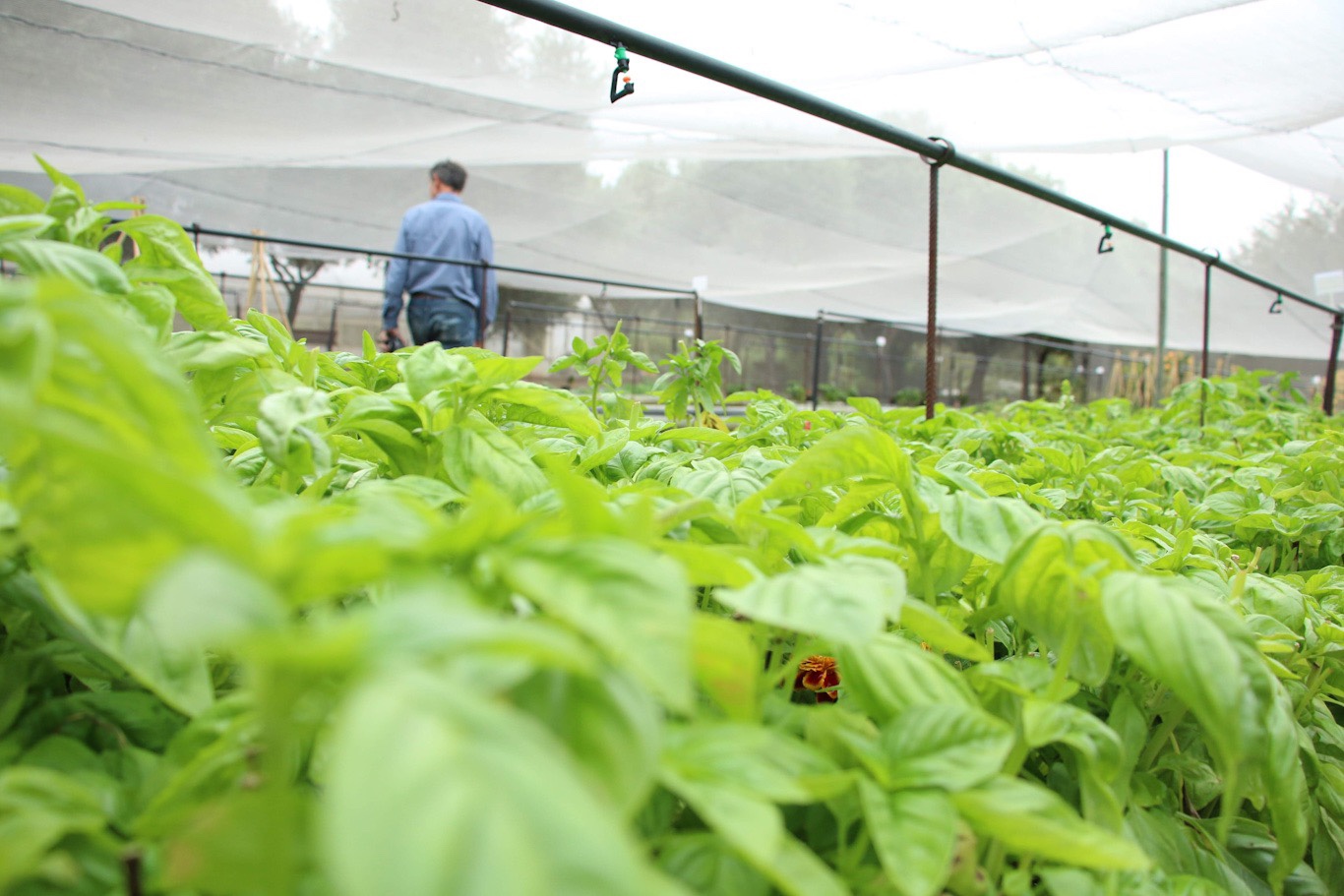
1. We are fortunate to have a large walled garden producing fresh herbs and vegetables which we use in all our meals served daily. We have a grow tunnel to produce veggies and herbs that like a more humid climate in summer. It allows us to grow veggies in the winter months.
The garden is organic and we prohibit the use of artificial fertilisers and chemicals on our plants. It’s natural or nothing. If something goes wrong we simply start again and find an organic and sustainable way to replant.

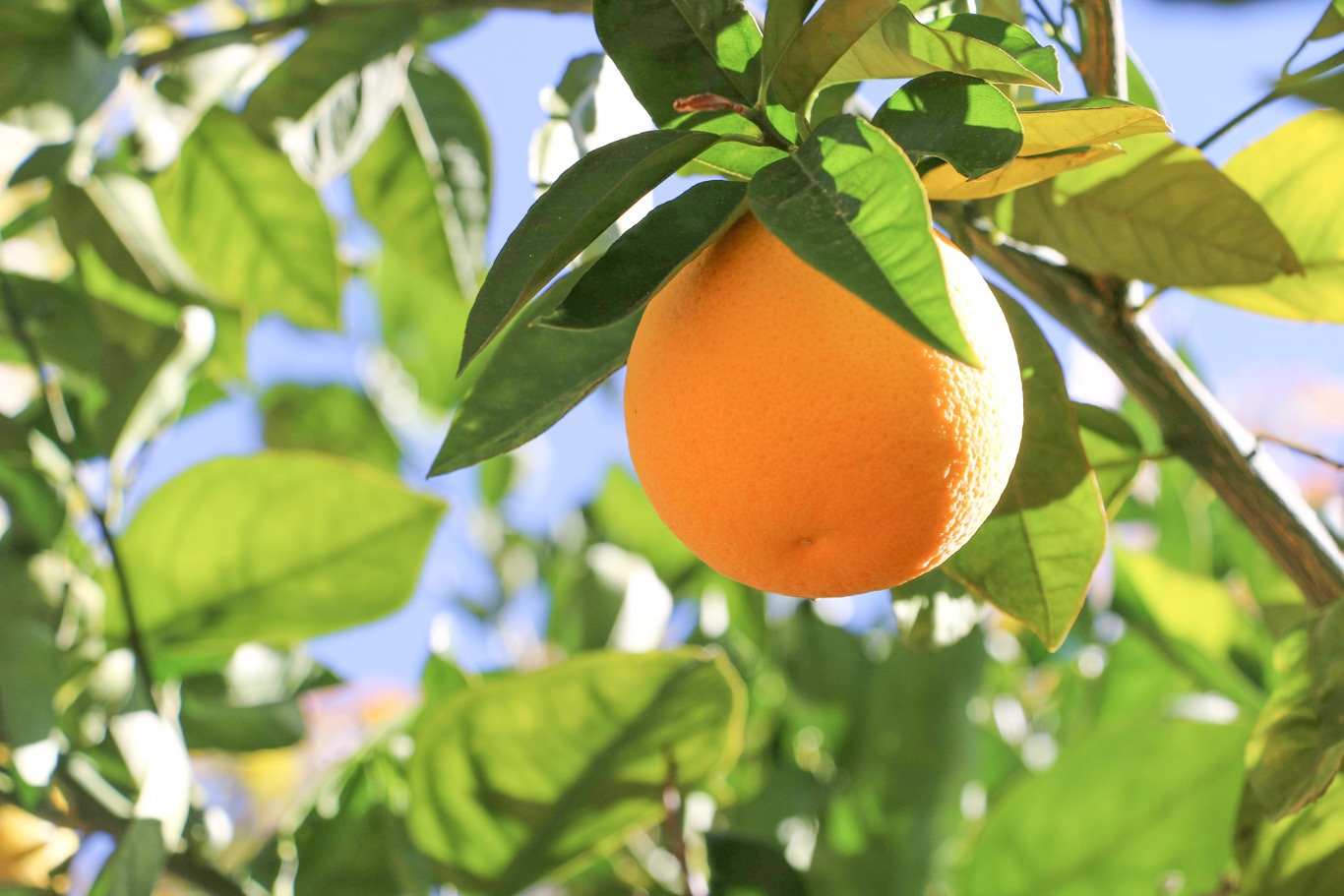
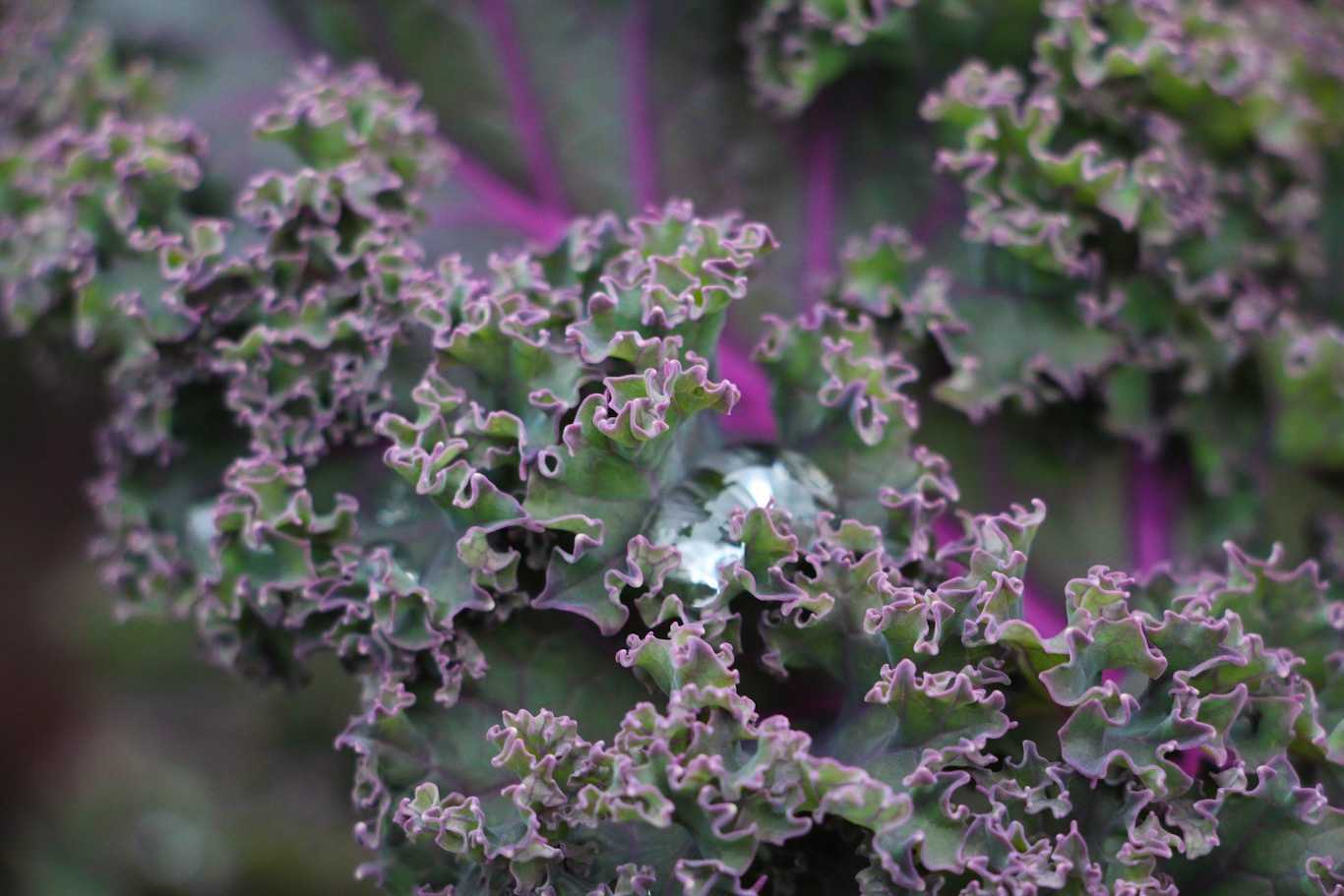
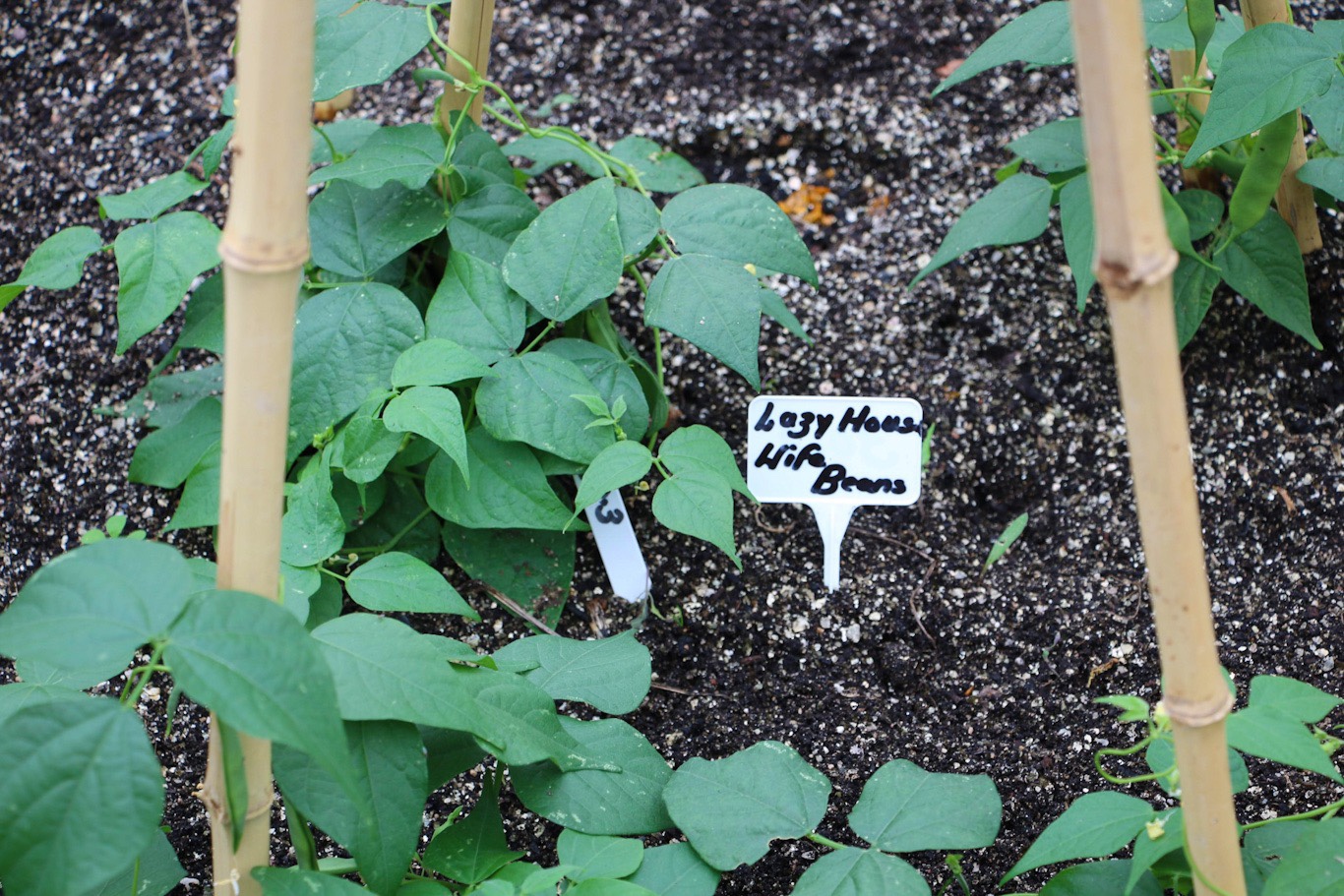
2. We procure all of our poultry and hen eggs from a local farming family, the Nieuwoudt family, who have been farming in the area for many generations. They are literally just down the road from us.
3. Reduce, reuse, recycle. We collect food not consumed by guests – food that is still perfectly good to eat – for the nearby community that we have a relationship with.
We give fruit and vegetable off-cuts to the local small piggery’s feeding programmes, wet waste such as fish and meat off-cuts we put into our compost fill where we have amazing earthworms that break down all the produce to create bountiful organic compost.
We add a fermentation liquid called bokashi to our wet waste compost which ferments it rather than decomposing it. The fermented matter is added directly and doesn’t need extra time to mature. Almost all of the matter added – its carbon, energy and nutrients – enters the soil food web, creating a soil amendment which adds nutrients and improves soil texture.
4. Bushmans Kloof is currently assisting trainee chefs and kitchen porters with a professional chef course. This will empower them and equip them with a practical skill and certification to confidently join kitchen brigades anywhere in the country and to deliver invaluable contributions. Big future, small beginnings!
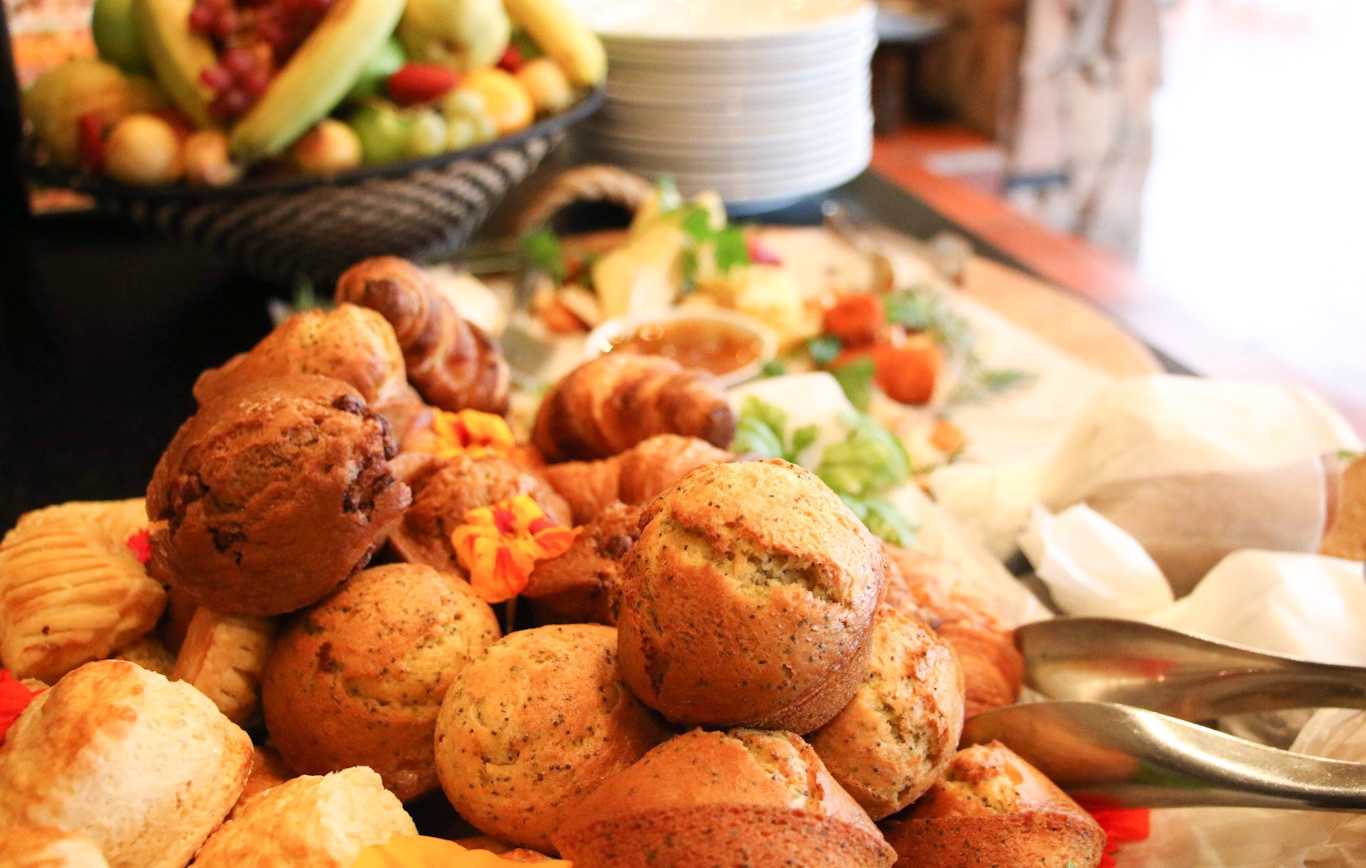
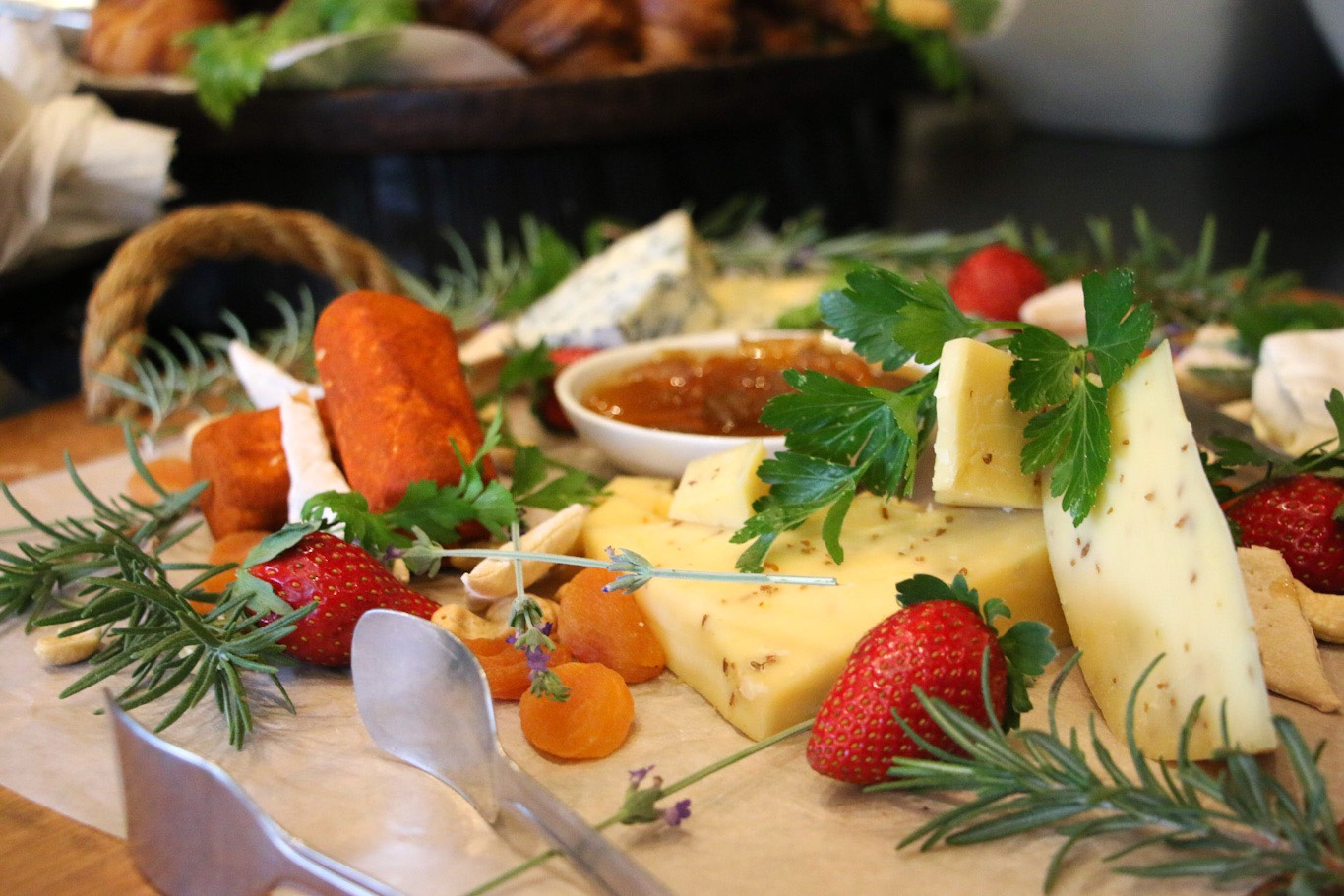
5. We celebrate local!
We are based in the well-known rooibos tea producing area. Locals grow up drinking rooibos as well as cultivating it for sale at the local rooibos markets. We use this ingredient in signature beverages from ice tea to rooibos styled mojitos. In the kitchen, it is used to smoke meats, marinade poultry and infuse dressings and sweet custards.
Apart from food, we support local in other ways too. We collaborate with small leather shoe producers specialising in locally-styled real leather footware called veldskoen (bush shoe). Our staff proudly wear these shoes to work and at the local Riel dancing competitions and gatherings.
I trust that Bushmans Kloof supporting the local traditional produce and ingredients does a part in helping to keep these traditions alive.
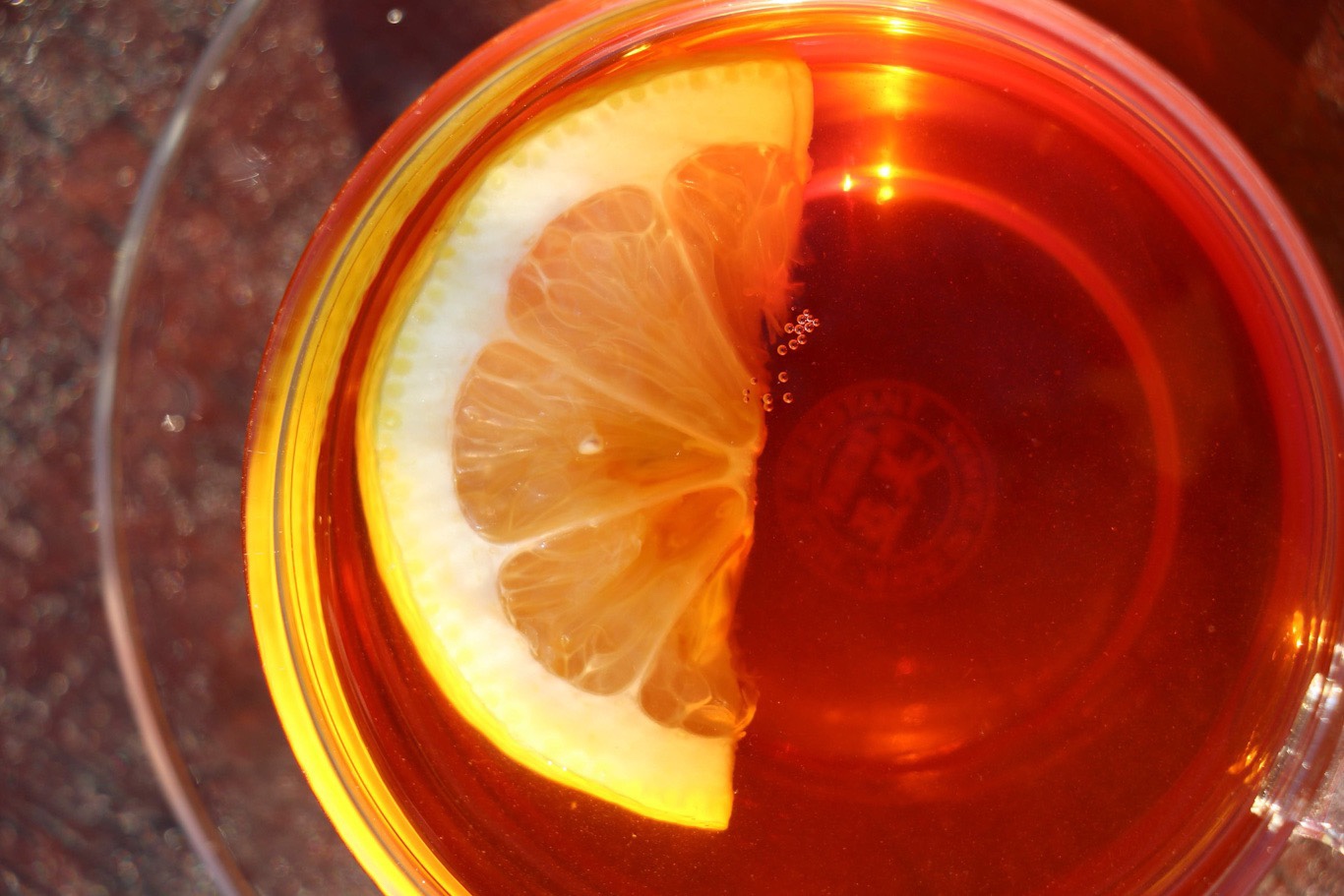
6. Food unites, it brings us closer to one another. Embers is our big summer dining venue – on a hill with breath-taking views of the reserve. An eighty-one-stairs-climb takes you to huge fires, delights cooking on iron grids, with local specialities like mielie pap and Cape Malay curries cooking in big cast iron pots on wooden embers.
Here, guests come together as a community, getting to connect, learn and enjoy each other’s company. Some of the best connections come from dinners out here – spontaneously, unexpectedly.
It is such a magical experience. Guests help themselves to dinner and dine together under the night sky. Sharing a meal in such a setting with such honest, humble food is the beginning of great new friendships and a delicious way to strengthen old ones.
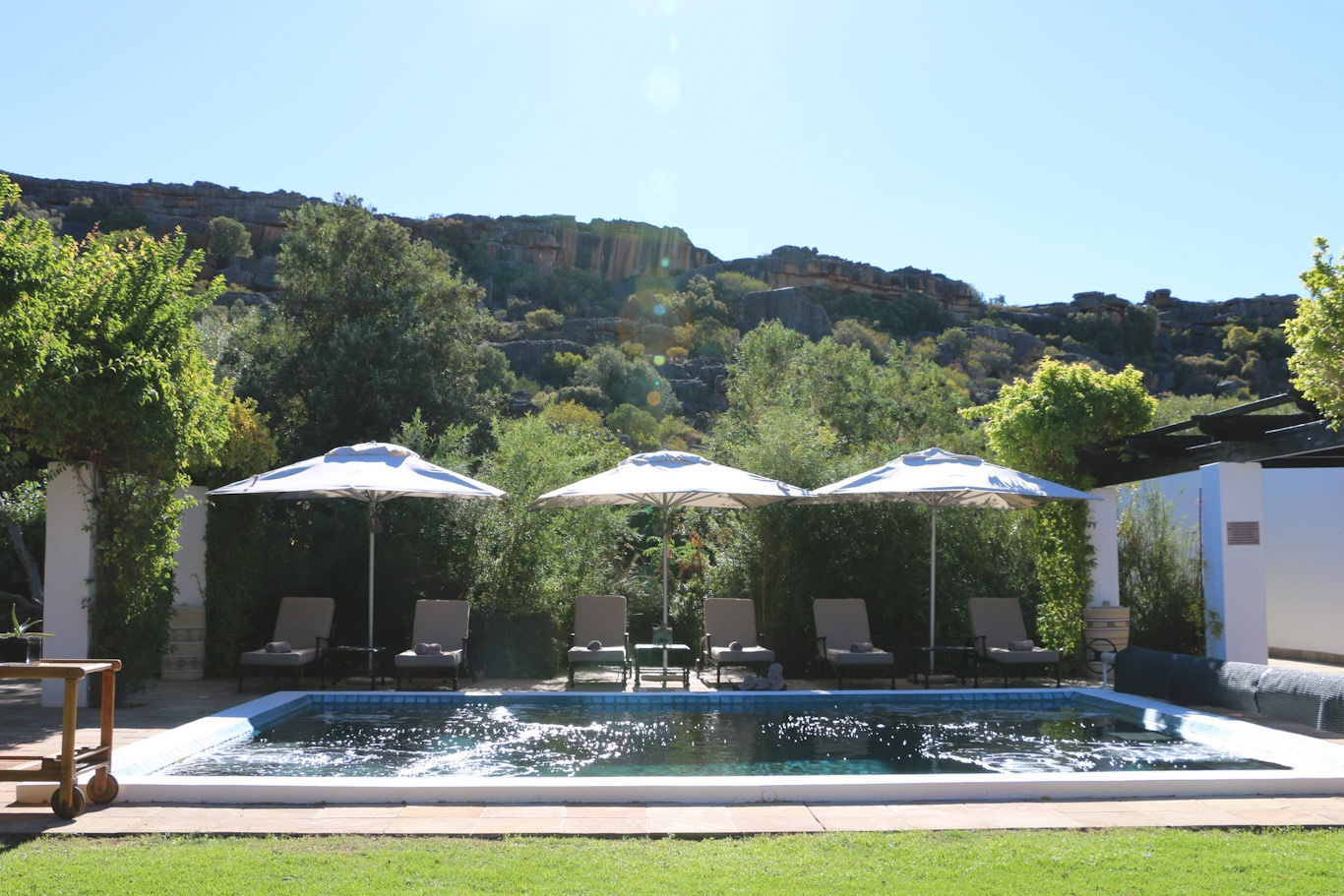
7. My philosophy is that too much of a good any good thing is bad. Growing millions of acres of canola or wheat versus a million strong grazing herd having to be grain-fed… either way, it is bad for the soil and air and delivers nothing special.
I would say that there is a strong move away from meat and grain diets. And in the future, I see us as a country, a world, turning to farming that is has a lighter environmental footprint, for instance insects (like crickets and mopani worms) which are high in good protein and have a low environmental impact. It sounds taboo now, but if you look at high beef producing countries, it is already a fairly easily available source of protein. And many trends now started out sounding too strange to consume.
In the not so near future, we will have plant-based egg substitutes as current farming practices in the large countries are just not environmentally sustainable. There are some really exciting opportunities and new ground to be explored.

8. If it was not for all the fishermen, farmers and agricultural workers of the world we as chefs could never do what we do well. They inspire me and constantly teach me about food, about nature and the connection between the two. It’s important to stay inspired and to keep learning like this – about new achievements and trends in not only food but conservation and sustainability too.
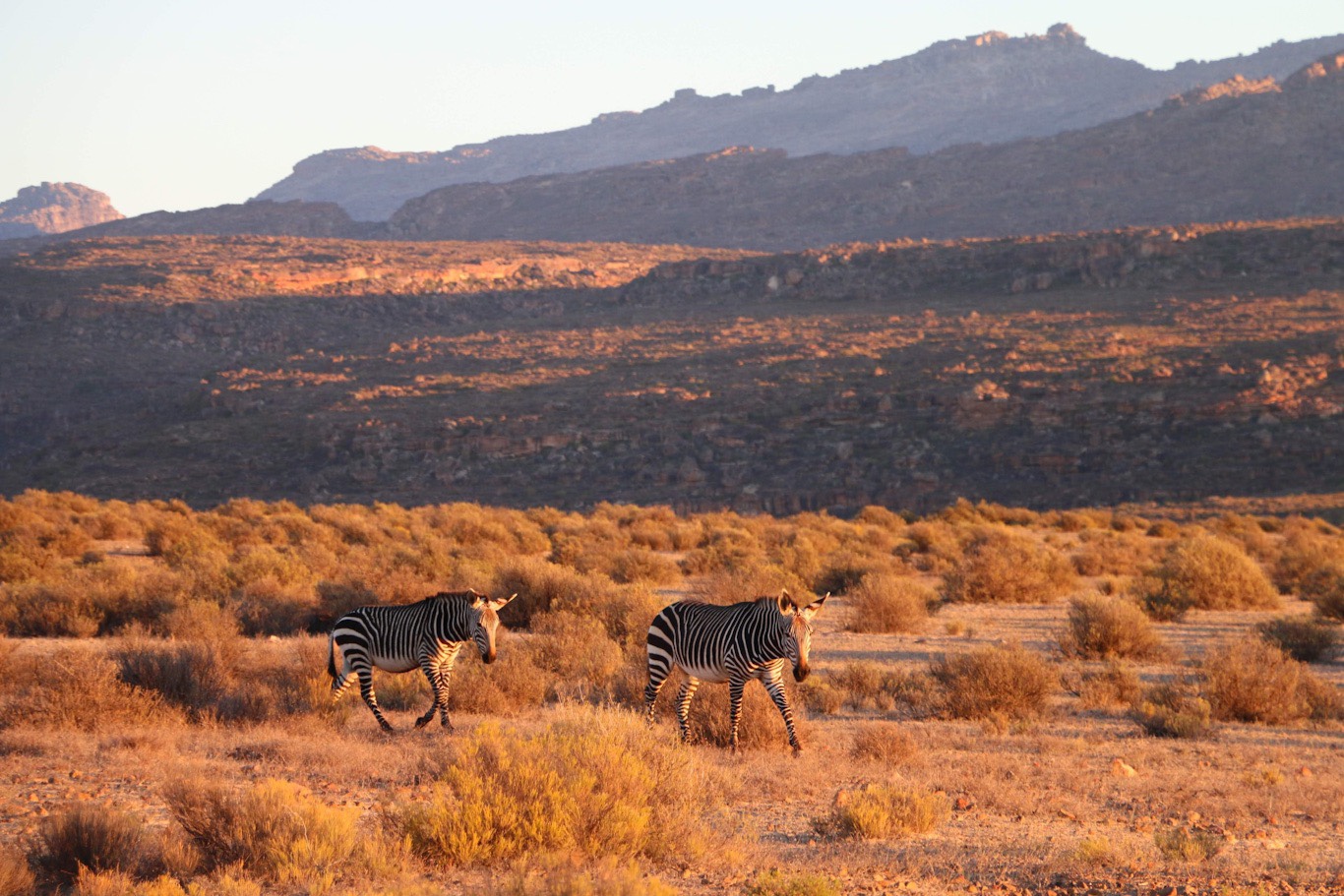
Discover more about the Bushmans Kloof experience here ~ as well as another incredible project the lodge is involved in. From Anatolian sheep dogs to great cedar tree planting gatherings in the mountains. Need we say more.
